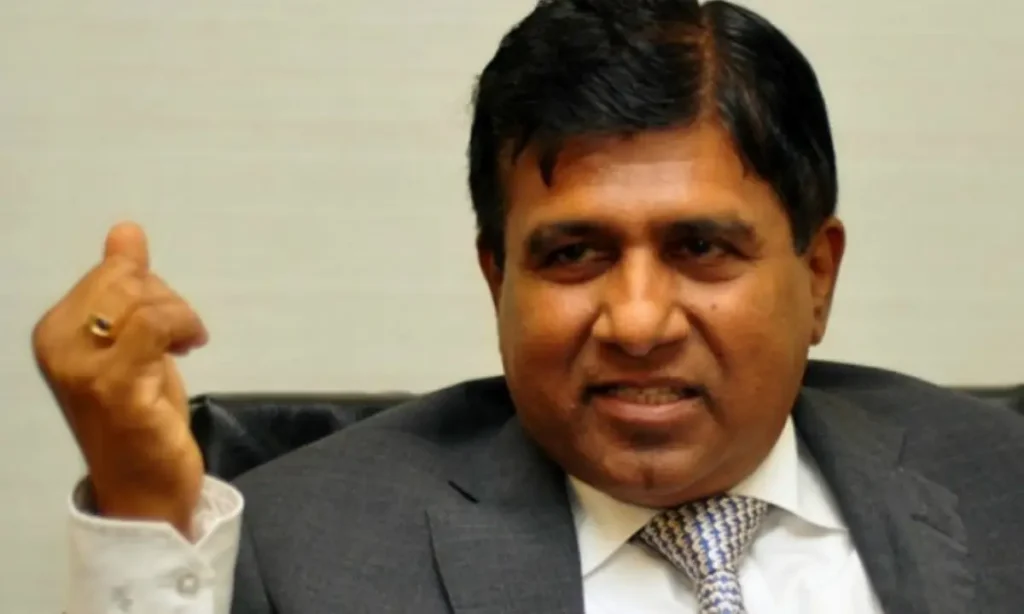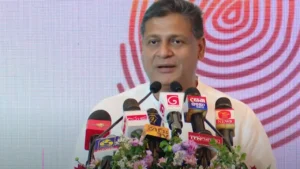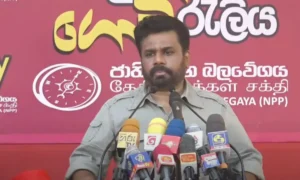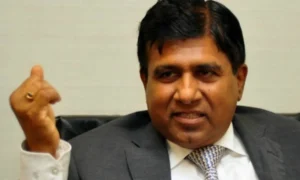
Early Life and Education
Wijeyadasa Rajapakshe, born on January 14, 1959, in Colombo, Sri Lanka, is a prominent figure in Sri Lankan politics and law. He completed his primary and secondary education at Royal College, Colombo, a prestigious institution known for producing many notable Sri Lankan leaders. Rajapakshe went on to pursue higher education at the University of Colombo, where he earned his LLB degree. His academic journey was marked by his dedication to legal studies and a growing interest in public service.
Legal Career and Advocacy
After completing his studies, Rajapakshe embarked on a distinguished legal career, becoming a practicing lawyer known for his expertise in constitutional law and human rights. His legal acumen and commitment to justice earned him recognition both locally and internationally. He passionately advocated for the protection of human rights and the rule of law, establishing himself as a prominent voice in Sri Lanka’s legal community.
Political Journey
Rajapakshe’s interest in public service led him to enter politics, where he quickly rose through the ranks due to his principled stance on legal and governance issues. He joined the Sri Lanka Freedom Party (SLFP) and became a Member of Parliament, representing the people of Colombo. His tenure in parliament was marked by his vocal advocacy for transparency, accountability, and the rights of marginalized communities.
Ministerial Roles and Contributions
Throughout his political career, Rajapakshe held several key ministerial positions, demonstrating his versatility and commitment to national development. He served as the Minister of Justice and Minister of Buddhasasana and Religious Affairs, where he implemented reforms aimed at strengthening the judicial system and promoting religious harmony in Sri Lanka. His tenure was characterized by efforts to modernize legal frameworks and ensure equitable access to justice for all citizens.
Controversies and Challenges
Despite his achievements, Rajapakshe’s career was not without controversy. His outspoken criticism of corruption and inefficiencies within the government often placed him at odds with powerful interests. His principled stand on issues such as constitutional reform and human rights sometimes led to political friction, highlighting the complexities of Sri Lanka’s political landscape.
Legacy and Influence
Wijeyadasa Rajapakshe remains a significant figure in Sri Lankan politics and law, known for his unwavering dedication to upholding democratic principles and the rule of law. His contributions to legal reforms and advocacy for human rights continue to resonate within Sri Lanka’s legal community and society at large. Despite the challenges he faced, Rajapakshe’s legacy underscores the importance of integrity and steadfastness in public service.
Personal Life
Outside of his political and legal career, Rajapakshe is known for his commitment to family and community. He maintains a strong connection to his roots in Colombo and continues to be an influential figure in shaping Sri Lanka’s political discourse.
In conclusion, Wijeyadasa Rajapakshe’s journey from a dedicated lawyer to a respected politician reflects his enduring commitment to justice and public service. His impact on Sri Lanka’s legal and political landscape serves as a testament to his enduring legacy as a champion of democracy and human rights.






